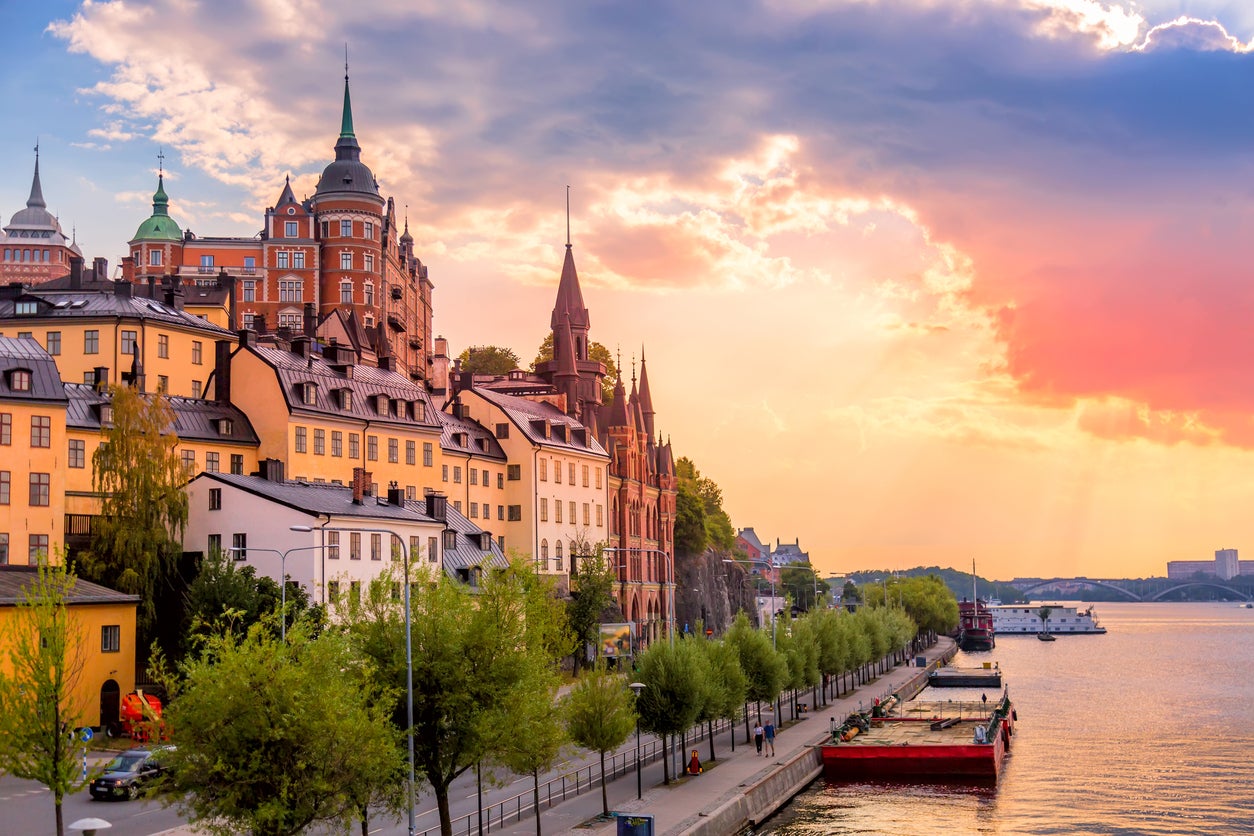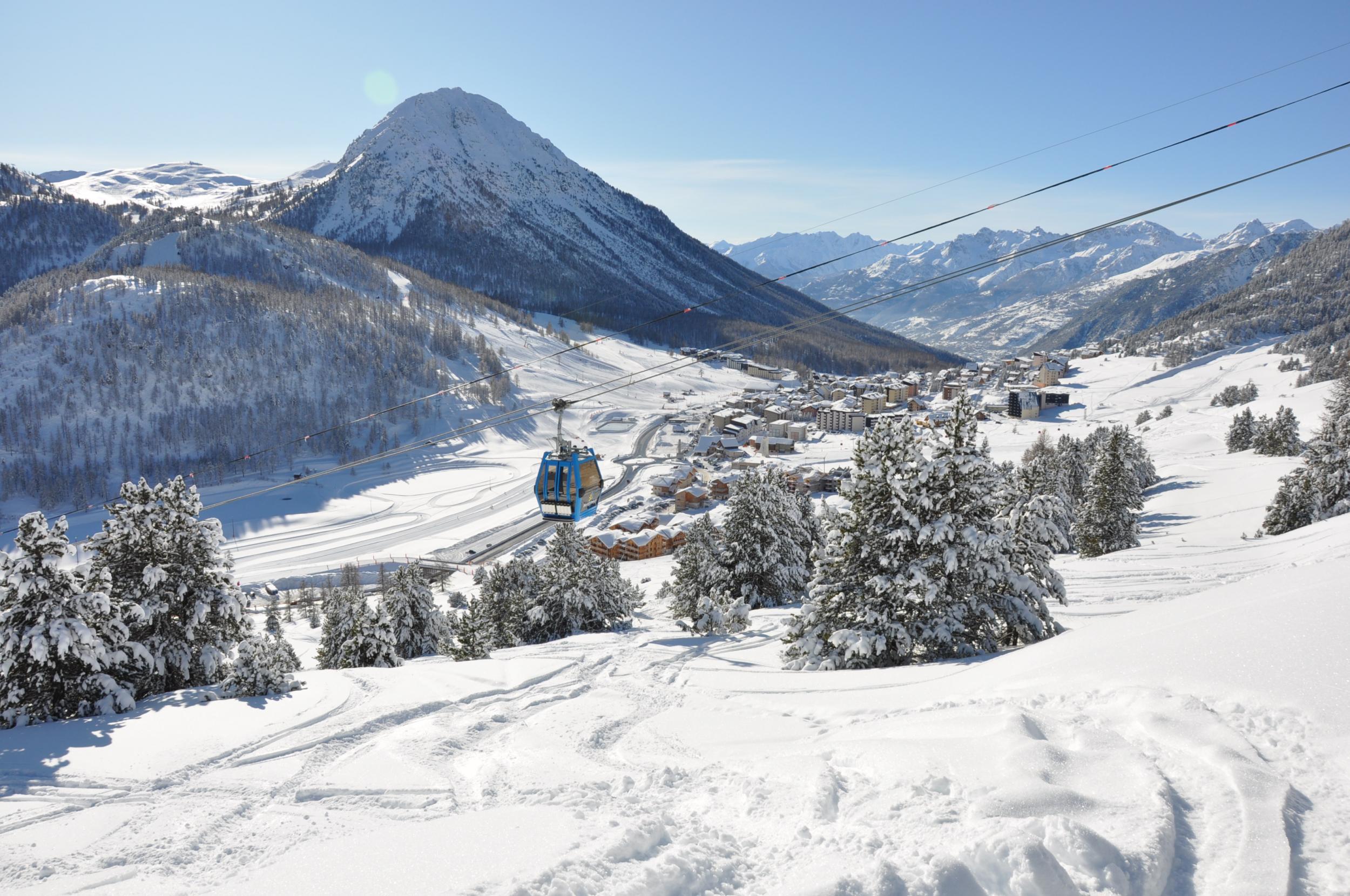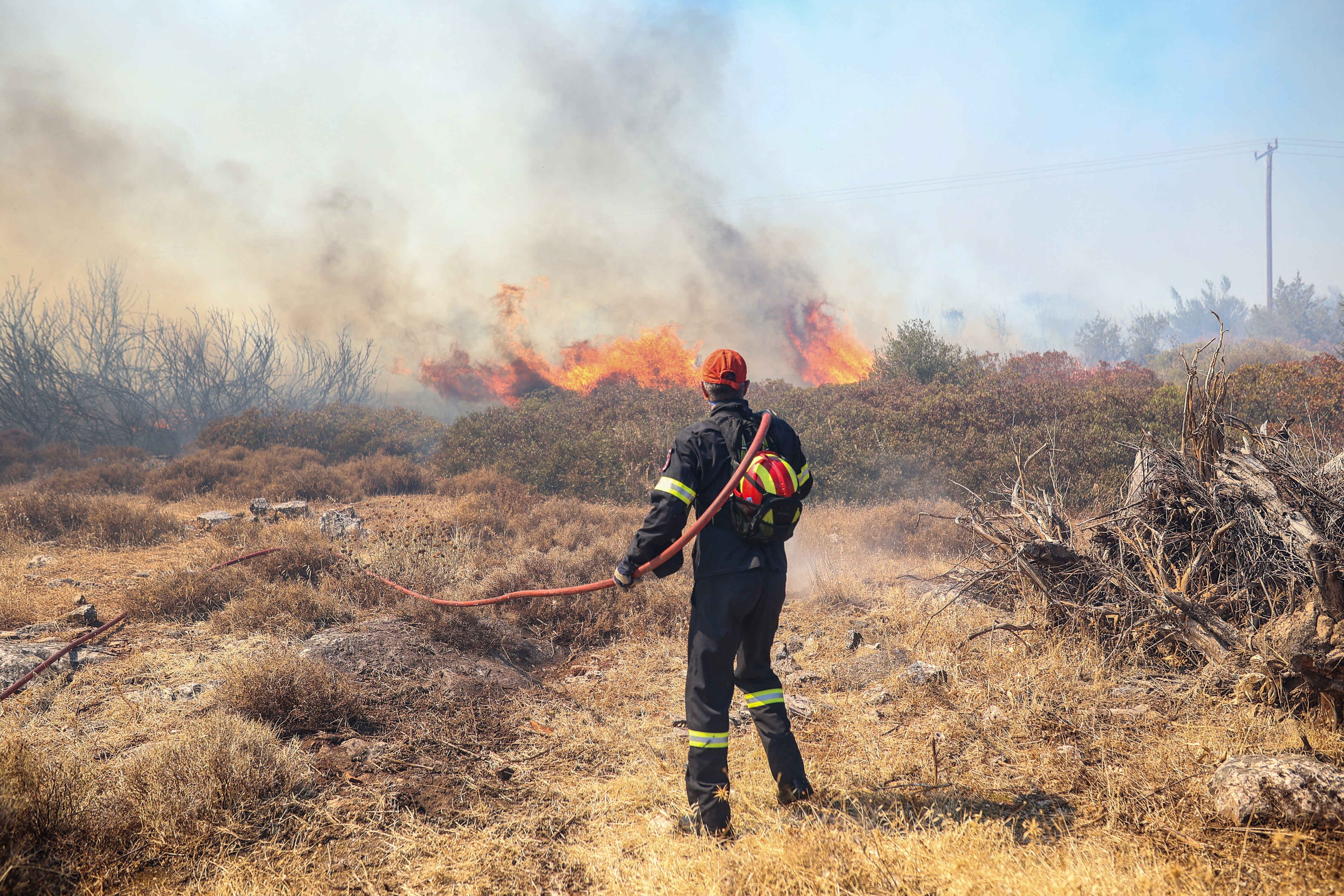Extreme weather drives travellers to take ‘coolcations’
Travel companies have noticed – and it’s a big trend for 2024

Your support helps us to tell the story
From reproductive rights to climate change to Big Tech, The Independent is on the ground when the story is developing. Whether it's investigating the financials of Elon Musk's pro-Trump PAC or producing our latest documentary, 'The A Word', which shines a light on the American women fighting for reproductive rights, we know how important it is to parse out the facts from the messaging.
At such a critical moment in US history, we need reporters on the ground. Your donation allows us to keep sending journalists to speak to both sides of the story.
The Independent is trusted by Americans across the entire political spectrum. And unlike many other quality news outlets, we choose not to lock Americans out of our reporting and analysis with paywalls. We believe quality journalism should be available to everyone, paid for by those who can afford it.
Your support makes all the difference.Kathy Pafunda is reading books and perusing maps to plan a Norway getaway next summer, following visits over the last two years to cool-weather destinations Alaska, Utah, Minnesota and Iceland.
“We like to escape during the summer months, especially when going outside feels like taking an unpleasant bath,” said the retired 69-year-old audiologist, who lives in Tampa. “Florida is hideous right now.”
Wildfires and heat waves this summer have pushed more travelers to take “coolcations”, as the industry has started calling them, to northern Europe and Alaska to beat the heat. The world’s hottest day on record was 22 July, and some scientists say 2024 could surpass 2023 as the hottest year.
Travel companies have noticed. Cruise operators, hotel companies and airlines are adding trips and accommodations to meet rising demand for temperate destinations.
Norwegian Air said in July it has established 10 new routes between northern Norway and European cities.

“We are enthusiastic about the growing interest in northern destinations from Europe,” said Geir Karlsen, Norwegian Air CEO on a quarterly call.
Norwegian Cruise Line Holdings announced in July 13 new itineraries aboard six ships across Alaska, Canada and New England for summer 2026. Royal Caribbean Group said on a quarterly call that it increased its Alaska capacity this summer.
“The impact of climate on the travel industry is very gradual as opposed to causing a company to make a major shift,” said Truist equity analyst Patrick Scholes. “But companies are gradually adapting, some faster than others.” Domestic air arrivals to Alaska this summer increased 10 per cent year-over-year, driven by a 30 per cent increase in arrivals from Dallas, Texas, according to flight-ticketing data firm ForwardKeys. Texas residents have sweltered in hot conditions since May.
The numbers of plane tickets issued as of June for international arrivals in Norway, Ireland and Sweden this summer are up by 19 per cent, 13 per cent and 11 per cent, respectively, year-over-year, ForwardKeys said.
Accommodation is also seeing the shift.
Vacation-rental company Airbnb recorded a 15 per cent year-over-year increase in searches for summer stays in Norway, Sweden and Alaska during the first half of 2024.
Luxury-travel agency Virtuoso said its bookings this summer for Canada jumped 20 per cent year over year. Hyatt plans to double the number of its hotels in Canada by the end of 2026, as Toronto and Montreal see heightened summer travel.

Rising demand for cooler destinations, however, has not dented warm-weather travel.
“Southern European destinations remain very attractive,” said Olivier Ponti, director of analytics at ForwardKeys.
International arrivals in June in southern Europe increased 8 per cent year over year, he said.
UK travelers are still looking to warm Mediterranean destinations, but the shoulder seasons of spring and autumn are becoming more appealing, said Sean Tipton, spokesperson for UK travel agent group ABTA.
“People are traveling earlier and later in the year, in part because August is too hot for them,” Tipton said. Italy’s hotel occupancy in March and May roughly doubled compared with the same months in 2019, said travel analytics firm Key Data.
While the extended travel season is thinning crowds in hot spots during summer, it may mean residents must deal with tourists year-round, said Melanie Brown, Key Data’s director of data insight.
“There’s traffic year-round in destinations where there used to be traffic for nine weeks,” she said, citing Colorado as an example.

With a longer season, travel companies may struggle to find enough workers in a tight labor market, Brown said.
Virtuoso said its summer Greece bookings are down 17 per cent year over year.
“Business is still strong there, just not as robust as last summer,” said Virtuoso vice president Misty Belles.
Yannis Hatzis, president of Greece’s hoteliers’ federation, said high-end accommodations have taken a hit. From January to May, foreign arrivals to Greece were up nearly 21 per cent but arrivals from the United States fell 19 per cent year over year in May, according to the Bank of Greece. Greece recorded its hottest June and July, according to the research institute National Observatory of Athens, as wildfires forced thousands of people to flee their homes.
Join our commenting forum
Join thought-provoking conversations, follow other Independent readers and see their replies
Comments